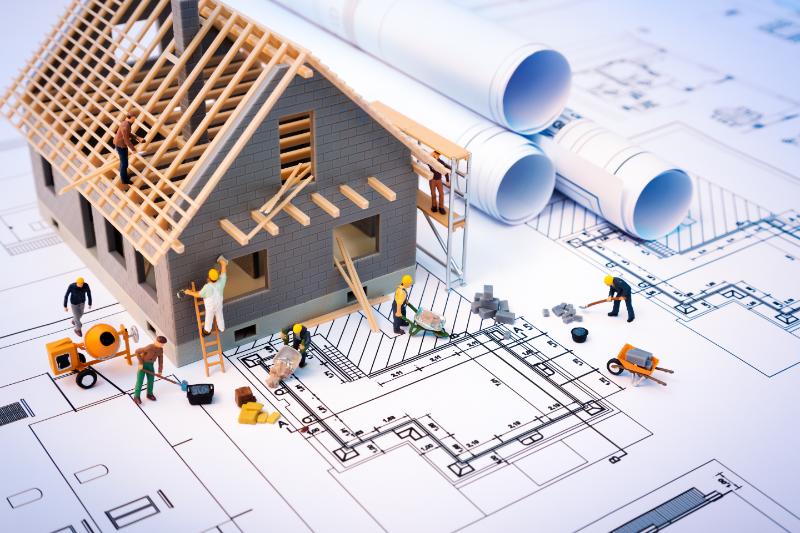
Image Source: Google
In the realm of industrial construction, electrical installation plays a crucial role in bringing a project from concept to completion. From powering machinery to providing lighting and ensuring safety measures are met, industrial electrical systems are the lifeblood of any manufacturing facility.
This article will delve into the significance of industrial electrical installation, highlighting why it is essential for the successful operation of industrial facilities. If you are in search of an industrial electrical installation service provider, you may explore this site.
The Blueprint: Planning for Success
Before any construction can begin on an industrial facility, a detailed blueprint outlining the electrical layout is essential. This blueprint serves as a roadmap for the electrical installation process, guiding electricians on where to place outlets, switches, and machinery connections. Proper planning at this stage is crucial for the success of the project, as any errors or omissions could lead to costly delays and rework down the line.
Key considerations during the planning phase include:
- Electrical load calculations to determine power requirements
- Placement of electrical panels and equipment for optimal efficiency
- Compliance with safety codes and regulations
- Integration of future expansion needs
Turning Plans into Reality: The Installation Process
Once the blueprint has been finalized, the installation process can begin. This phase involves skilled electricians bringing the electrical design to life, running wires, installing fixtures, and connecting equipment to power sources. The quality of the installation work is critical, as any mistakes can lead to electrical failures, equipment damage, or even safety hazards for workers.
Key steps in the installation process include:
- Running conduit and wiring according to the blueprint
- Mounting and connecting electrical panels and distribution boards
- Testing circuits to ensure proper functioning
- Coordinating with other trades for a seamless integration of electrical systems
Ensuring Safety and Compliance
Industrial electrical installations must adhere to strict safety standards and regulations to protect workers and the facility from electrical hazards. Compliance with codes such as the National Electrical Code (NEC) is non-negotiable in industrial settings, where the risk of accidents is heightened due to the presence of heavy machinery and high voltage equipment.
Key aspects of safety and compliance include:
- Proper grounding and bonding of electrical systems
- Installation of safety devices such as circuit breakers and surge protectors
- Regular inspections and maintenance to ensure ongoing compliance
- Training for employees on safe electrical practices
The Impact of Quality Electrical Installation
Well-executed industrial electrical installation can have a significant impact on the efficiency and productivity of a facility. A reliable electrical system ensures that machinery operates smoothly, lighting is adequate for workspaces, and downtime due to electrical issues is minimized. In contrast, poor installation work can result in frequent breakdowns, increased energy costs, and a higher risk of accidents.
Benefits of quality electrical installation include:
- Improved operational efficiency
- Reduced maintenance and repair costs
- Enhanced worker safety and morale
- Compliance with regulatory requirements